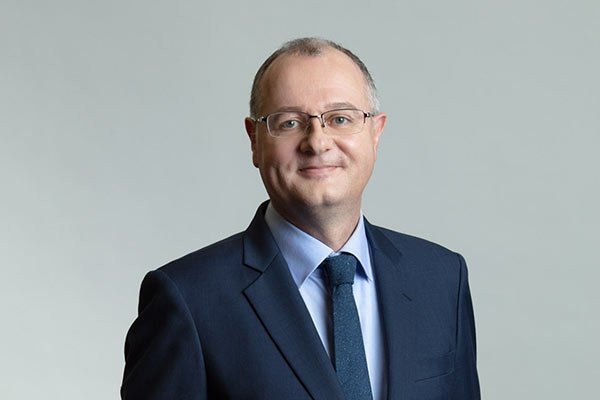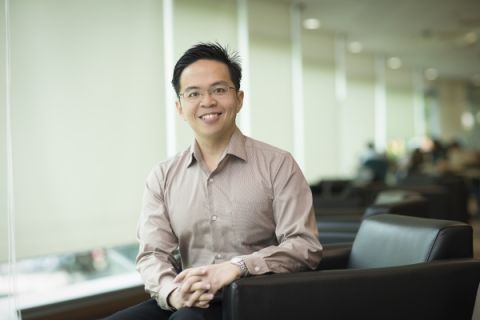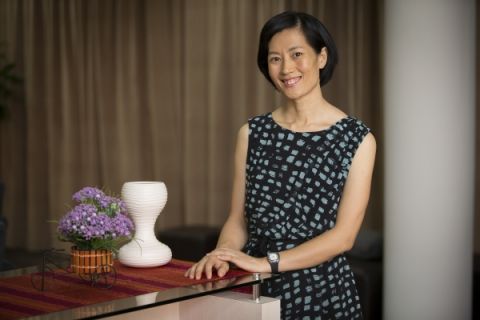
By Stuart Pallister
SMU Office of Research & Tech Transfer – Researchers from Singapore Management University (SMU) and Nanyang Technological University (NTU) are to embark on an ambitious project later this year to assess the impact of speeches by the country’s prominent politicians and business leaders.
The project, which will begin this August, is expected to take some 18 months. It will use a collection of video recordings of National Day speeches to identify whether themes, messages, and speaking techniques have developed over the past five decades or so. In addition, it will also assess the interaction between the speakers and their audiences.
Over the decades, speaking techniques have changed in part due to the advent of television as politicians had previously addressed auditoria, both large and small. The project though will not just focus on speeches by politicians, but also those of business leaders in Singapore.
The project’s Principal Investigator is Professor Timothy Clark, Provost of SMU. Over the past 20 years or so he has studied how management consultants work with clients and then became interested in the “persuasive dynamics of management gurus and what it was that accounted for certain ideas becoming popular or not.” This led him to research on the “public speaking practices of what you might call intellectual leaders and thinkers.”
“So, that’s my research – how speakers communicate their ideas and audiences respond”. This work involved watching video recordings of speeches and developing detailed transcripts of the recordings which took into account the interaction between the speaker and audience.
One of the main findings, he told the Office of Research & Tech Transfer, was the difference between speeches at business events and political ones. At the latter, audiences would likely respond with applause as they would be generally in agreement with the speaker, whereas at business management events, there may be greater ambiguity, so laughter may be more ‘appropriate’.
As Professor Clark’s research has previously focused on American and European speakers, he is interested to find out “whether or not these dynamics might also apply in a Singaporean context.”
The proposed project will be extended, however, beyond assessing the impact of National Day speeches and other video recordings. “There’s a novel aspect to this as a collaborator at NTU is going to show video clips of speeches to around 2,000 Singaporeans to see whether certain themes and speaker techniques have an impact. So, we haven’t done that kind of research before.”
While that may sound ambitious, Professor Clark points out that SMU’s Centre for Research on Successful Ageing (ROSA) conducts a survey of some 8,000 people each month so he believes 2,000 will be ‘achievable’.
This will allow the researchers to see whether speaking conventions have changed over the decades, he said. “So, we’ll be able to see how the themes have changed over time and how those might relate to the way the audience reacts – both in terms of the live audience and then the selected sample of 2,000.”
“So, we’ll have a Singaporean context which is different from research that’s previously been undertaken in Europe and North America, predominantly the US. And then we’ll have the business and political contexts where the potential dynamics are quite different.”
The research will also take into account the multiracial make-up of Singapore’s population, each ethnic group with its own mother tongue, to see the extent to which these speeches have built group cohesion in the country.
“The first part of the research can look at the cohesion in terms of the degree of commonality of audience response, and the second one will look at, now we’ve identified those things, when people view these speakers, how do they perceive them when they’re not in the room?”
The researchers have secured funding for two years from the 2022 call for proposals for the Behavioural and Communication Science Programme (BCSP) under Temasek Laboratories at NTU (TL@NTU). “We’re aiming to do the research over an 18-month period, have regular updates and then use the last six months to consolidate all the findings and build a comprehensive report – or reports – integrating those findings from the different studies.”
They plan to write conference papers, journal articles, and then possibly write a book. Drawing on the research findings they also intend to launch speaker workshops which will probably be of interest to the country’s political leaders, as well as the civil service and general public.
“The way we’re going to feedback our research isn’t just through conference papers and journal articles. We’re also going to develop an online course that people can do to learn more about how to create impactful speeches and become effective speakers in different contexts.”
“I think this is the first time this kind of work will have been specifically applied to speeches in Singapore. It’ll be interesting to see whether there are specific elements to public speaking that haven’t been identified elsewhere.”
Along with Professor Clark, the other main investigators are Saifuddin Ahmed, an Assistant Professor at NTU, and Ong Siow Heng, Professor of Communication Management at SMU. Professor David Greatbatch of the University of York in the UK will also collaborate in the project.
Back to Research@SMU February 2023 Issue
See More News
Want to see more of SMU Research?
Sign up for Research@SMU e-newslettter to know more about our research and research-related events!
If you would like to remove yourself from all our mailing list, please visit https://eservices.smu.edu.sg/internet/DNC/Default.aspx

